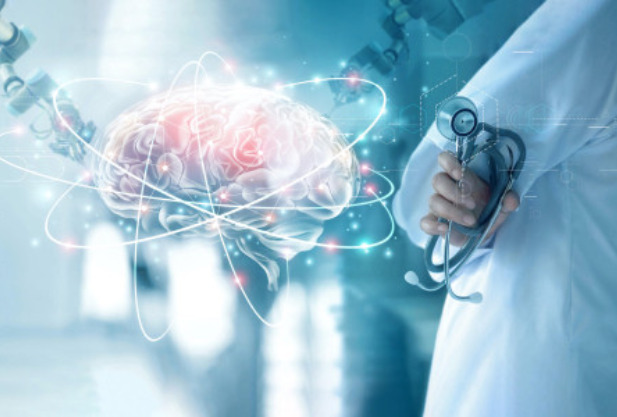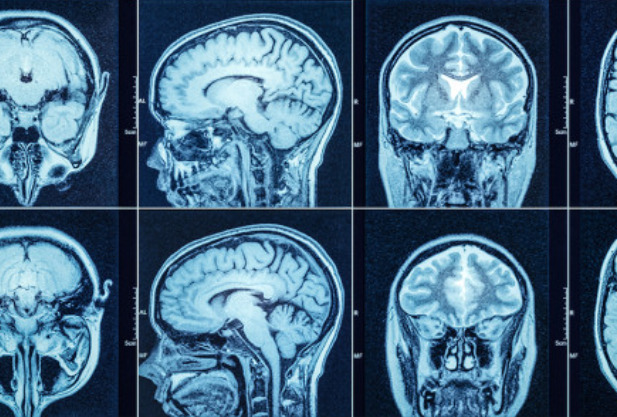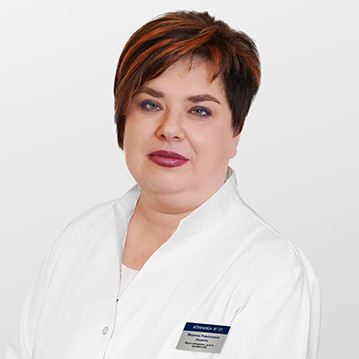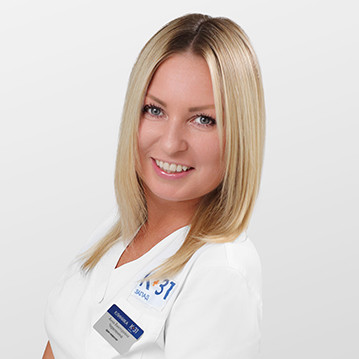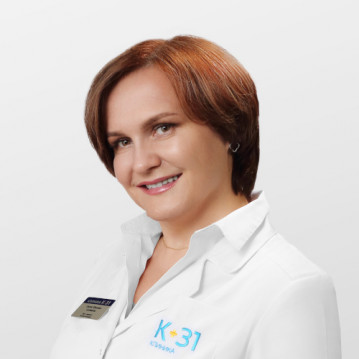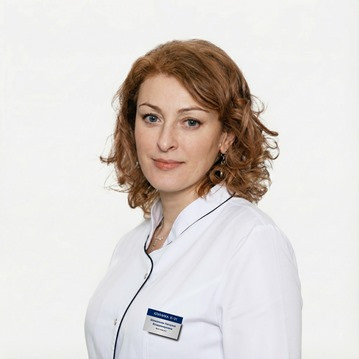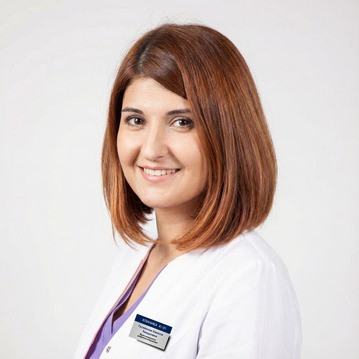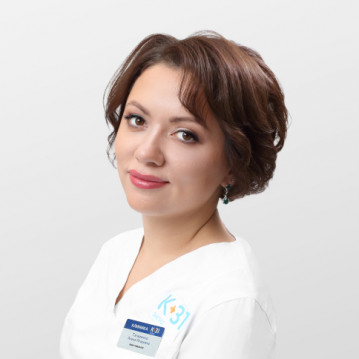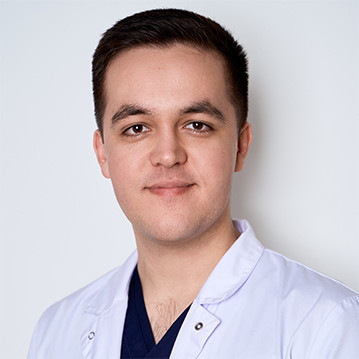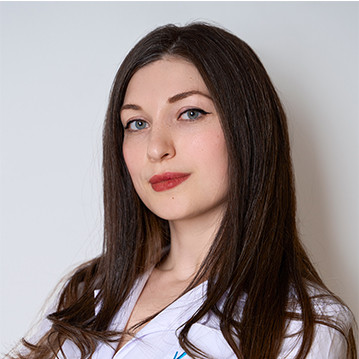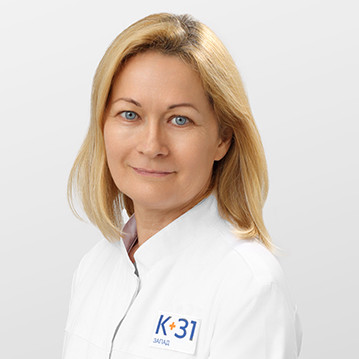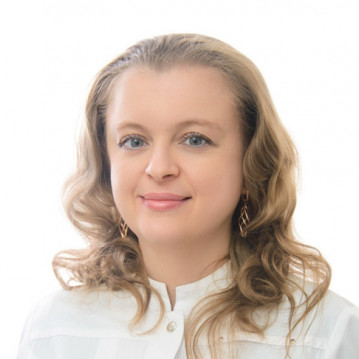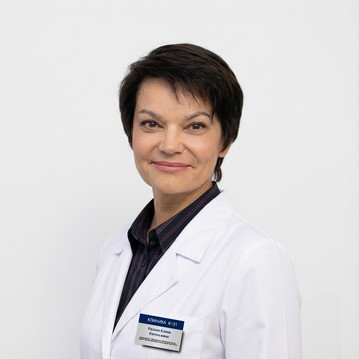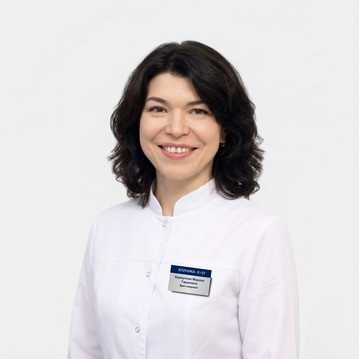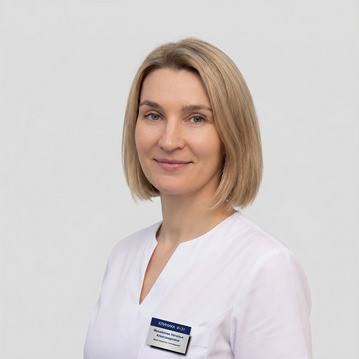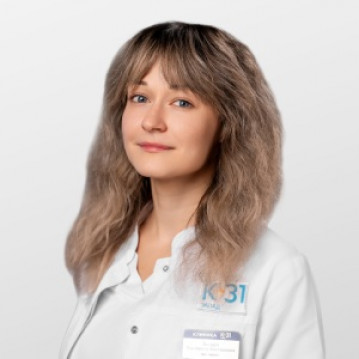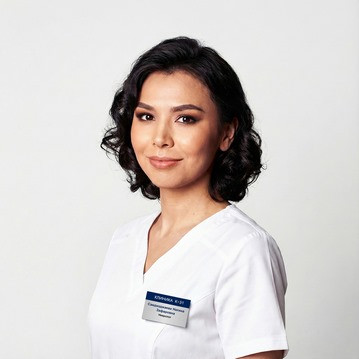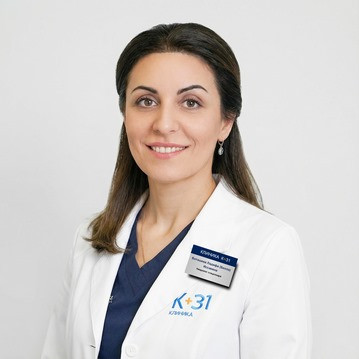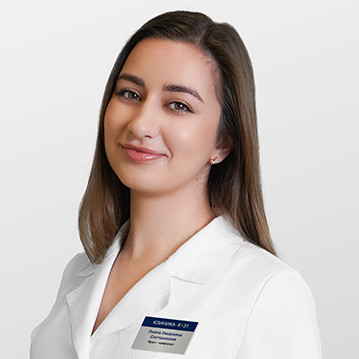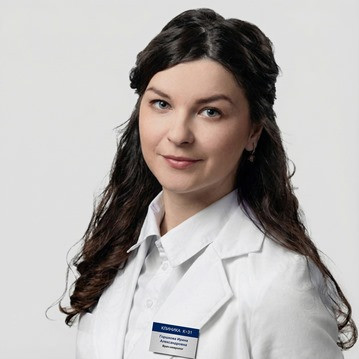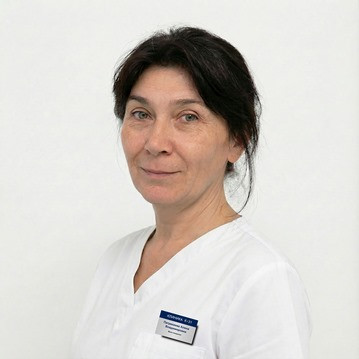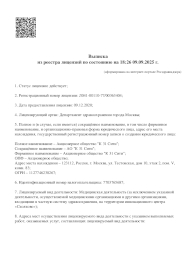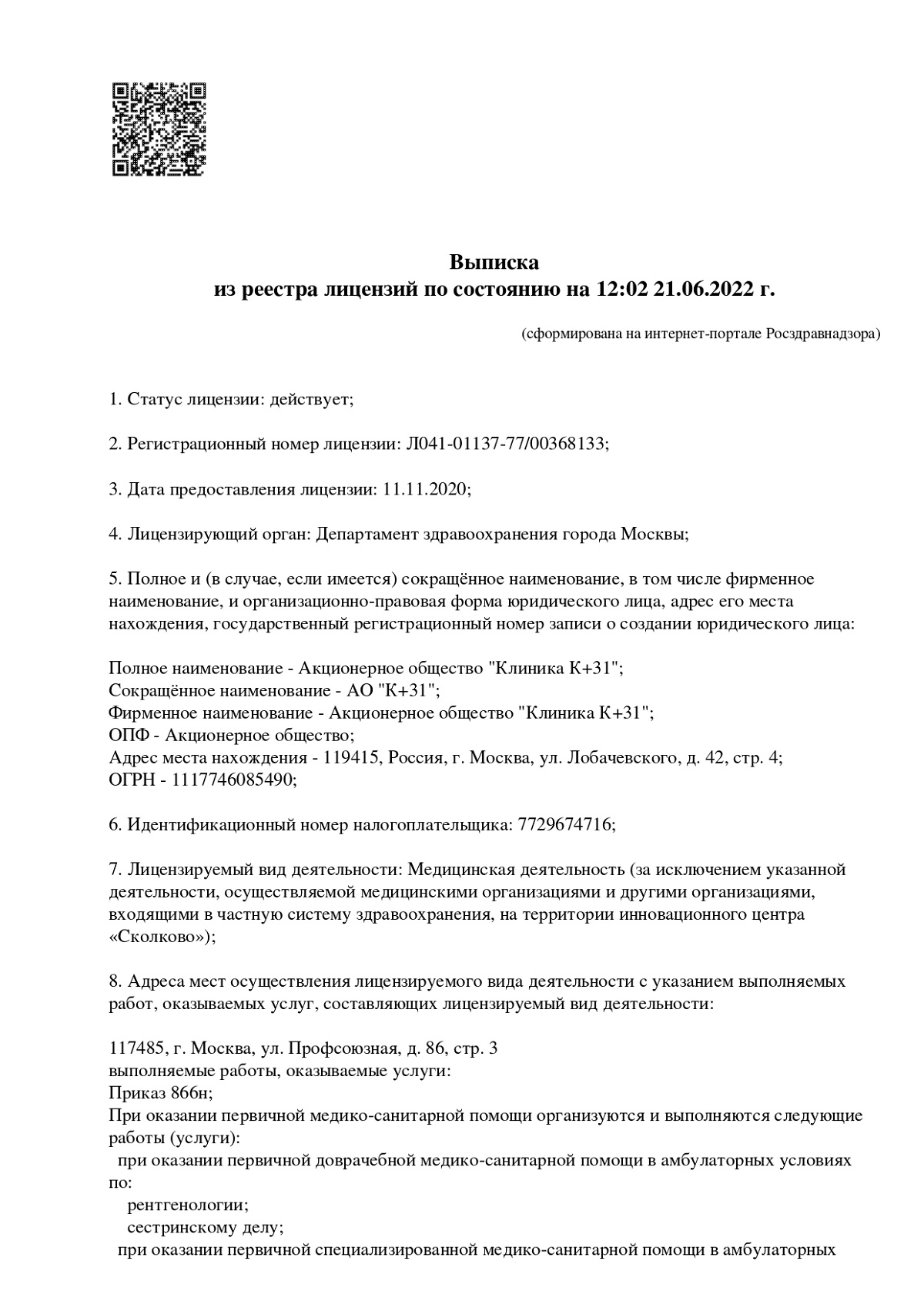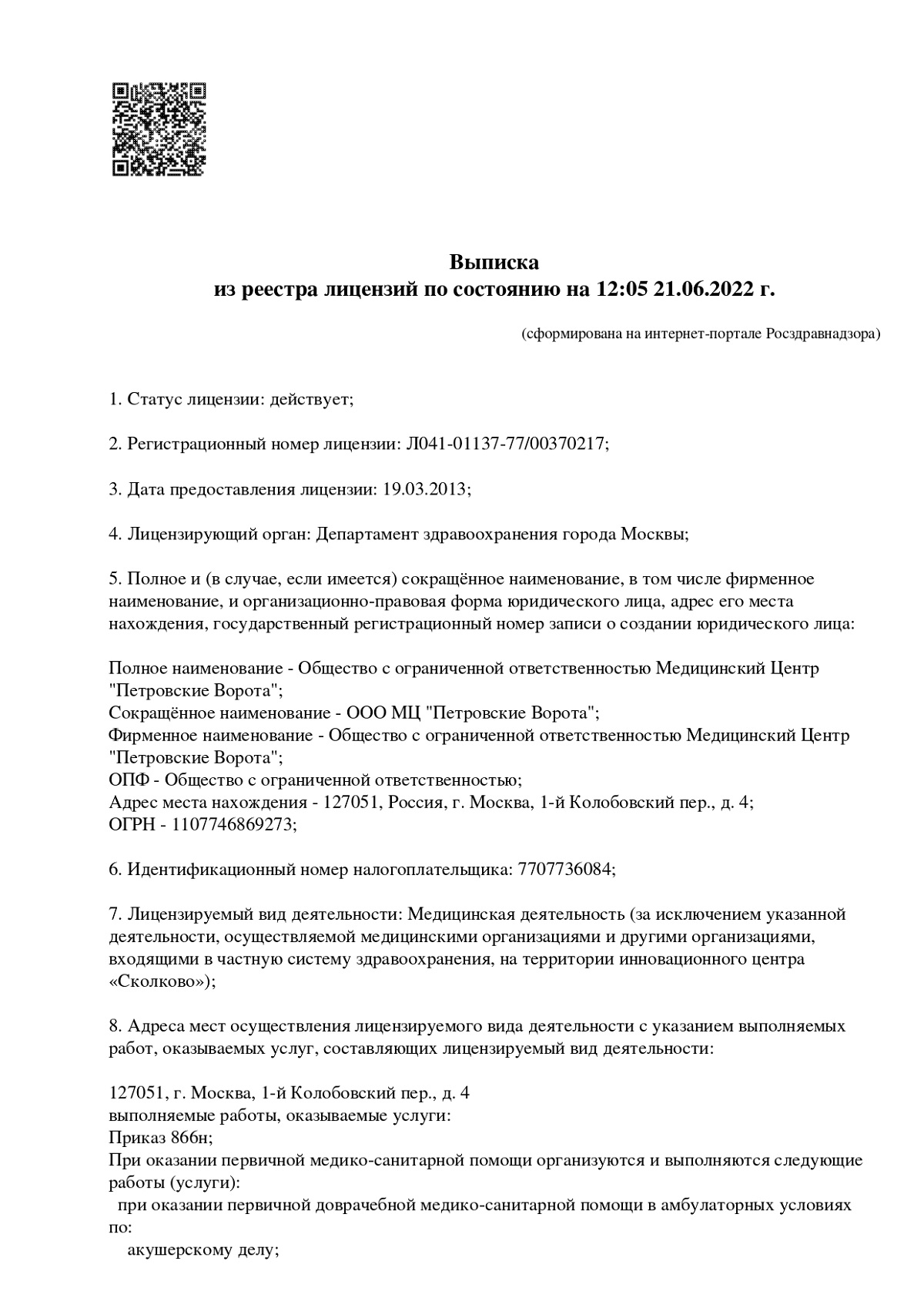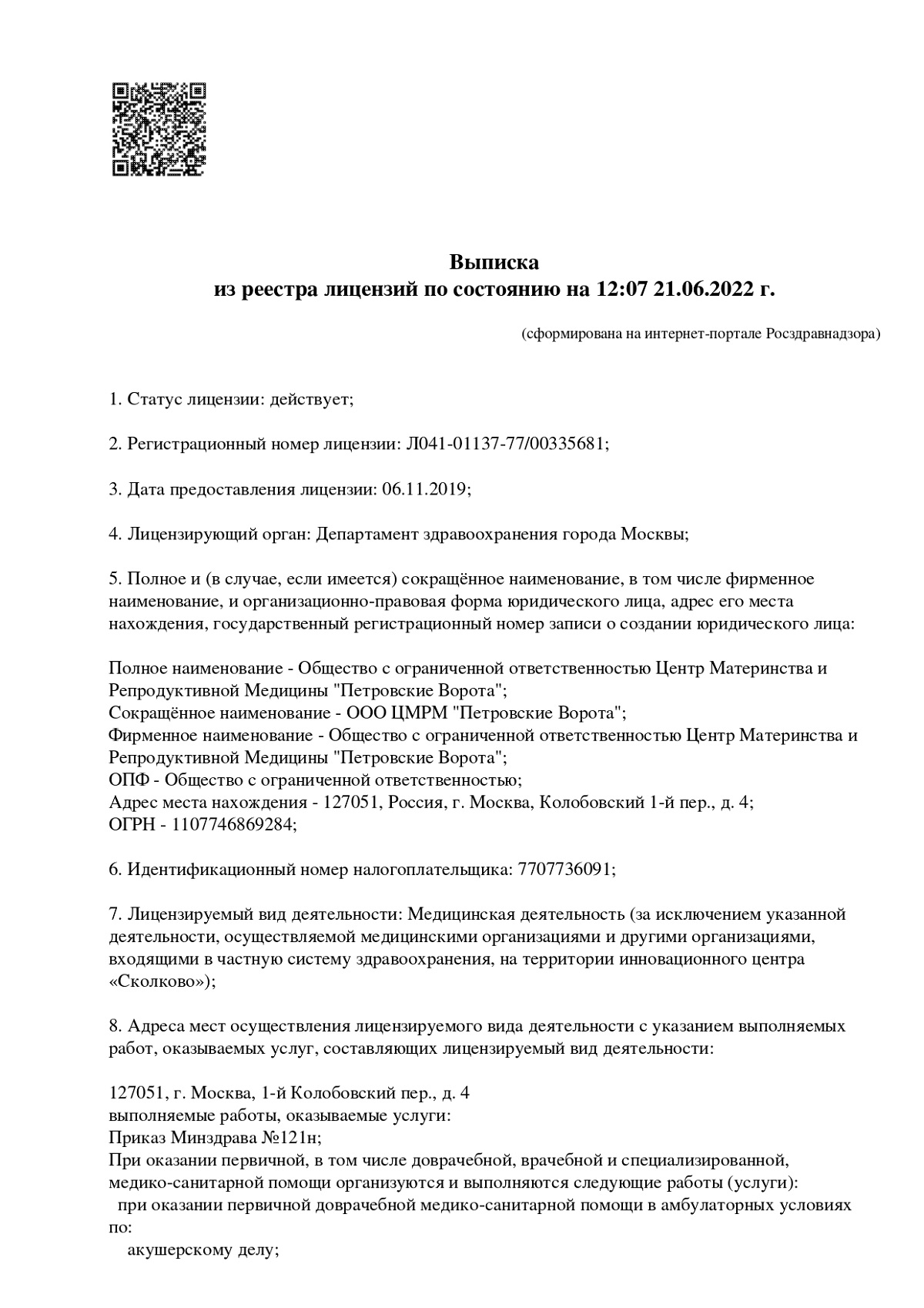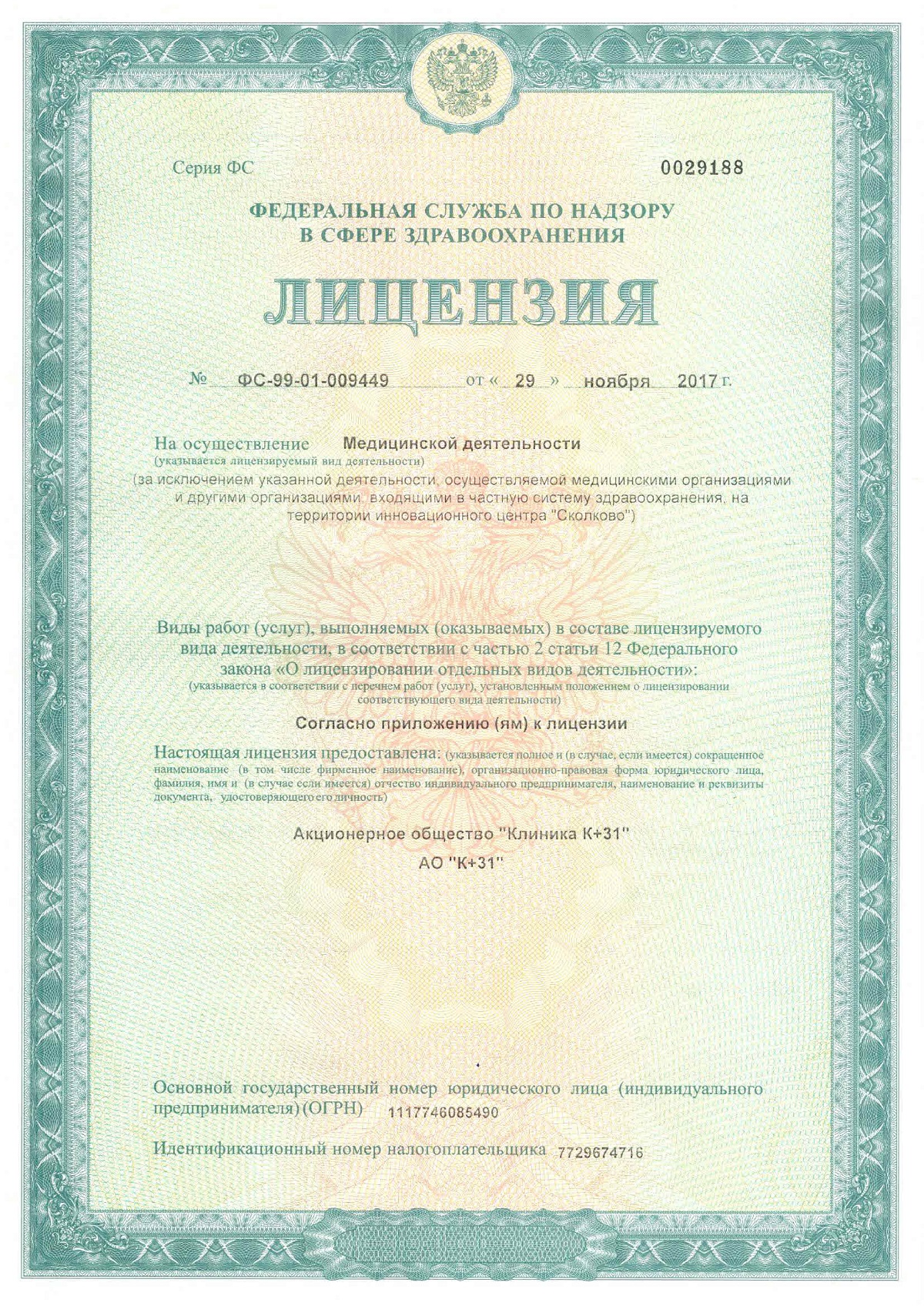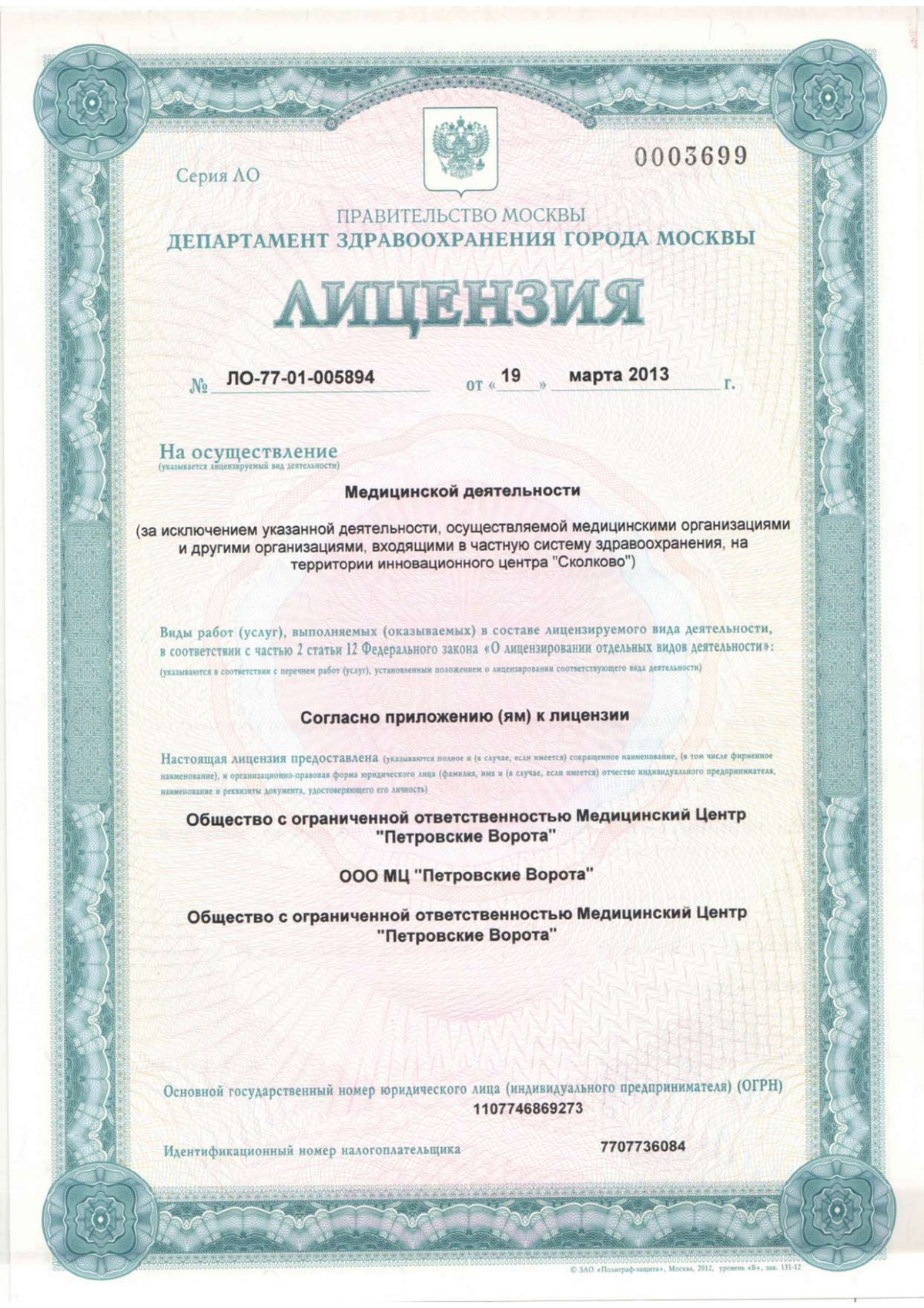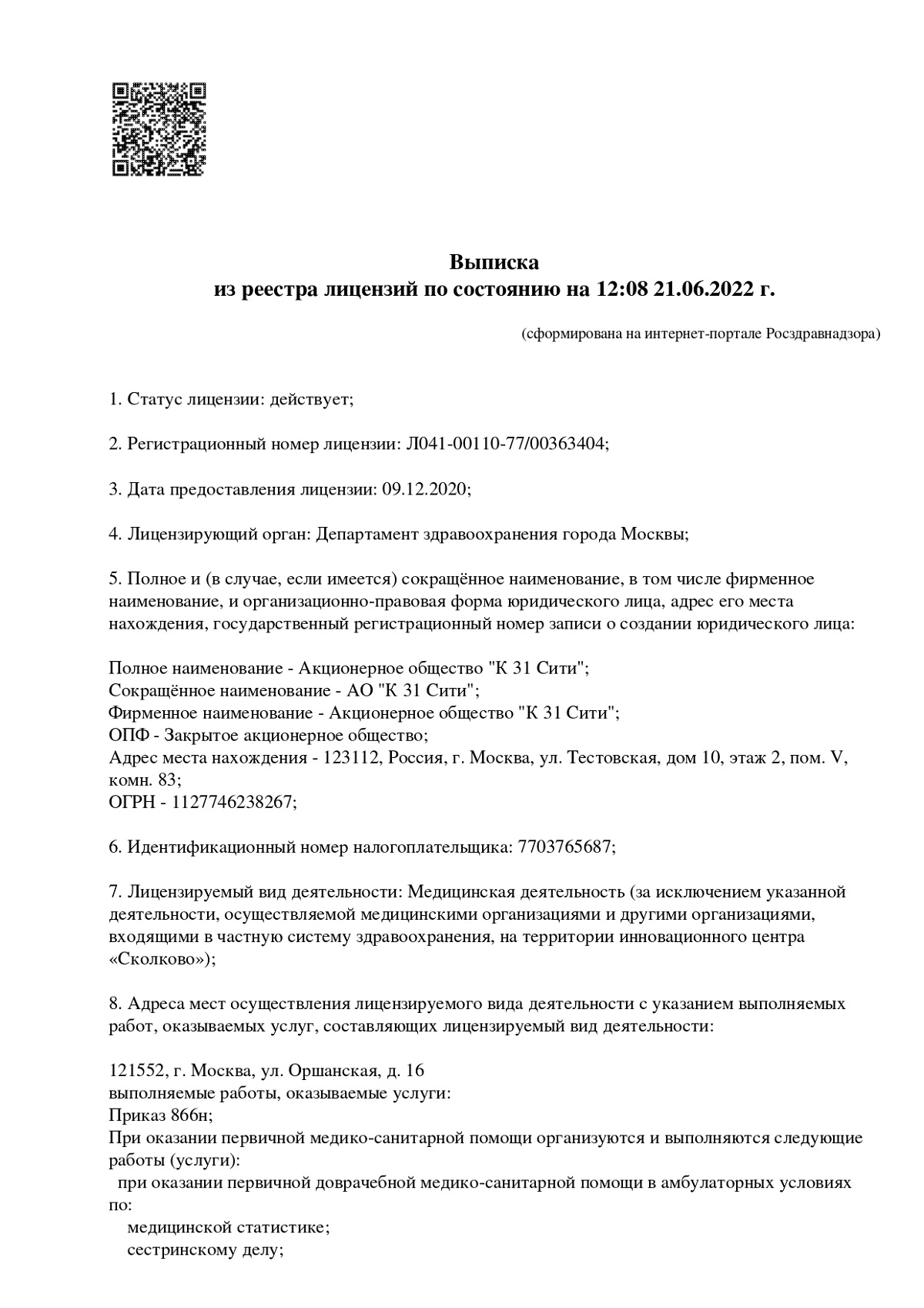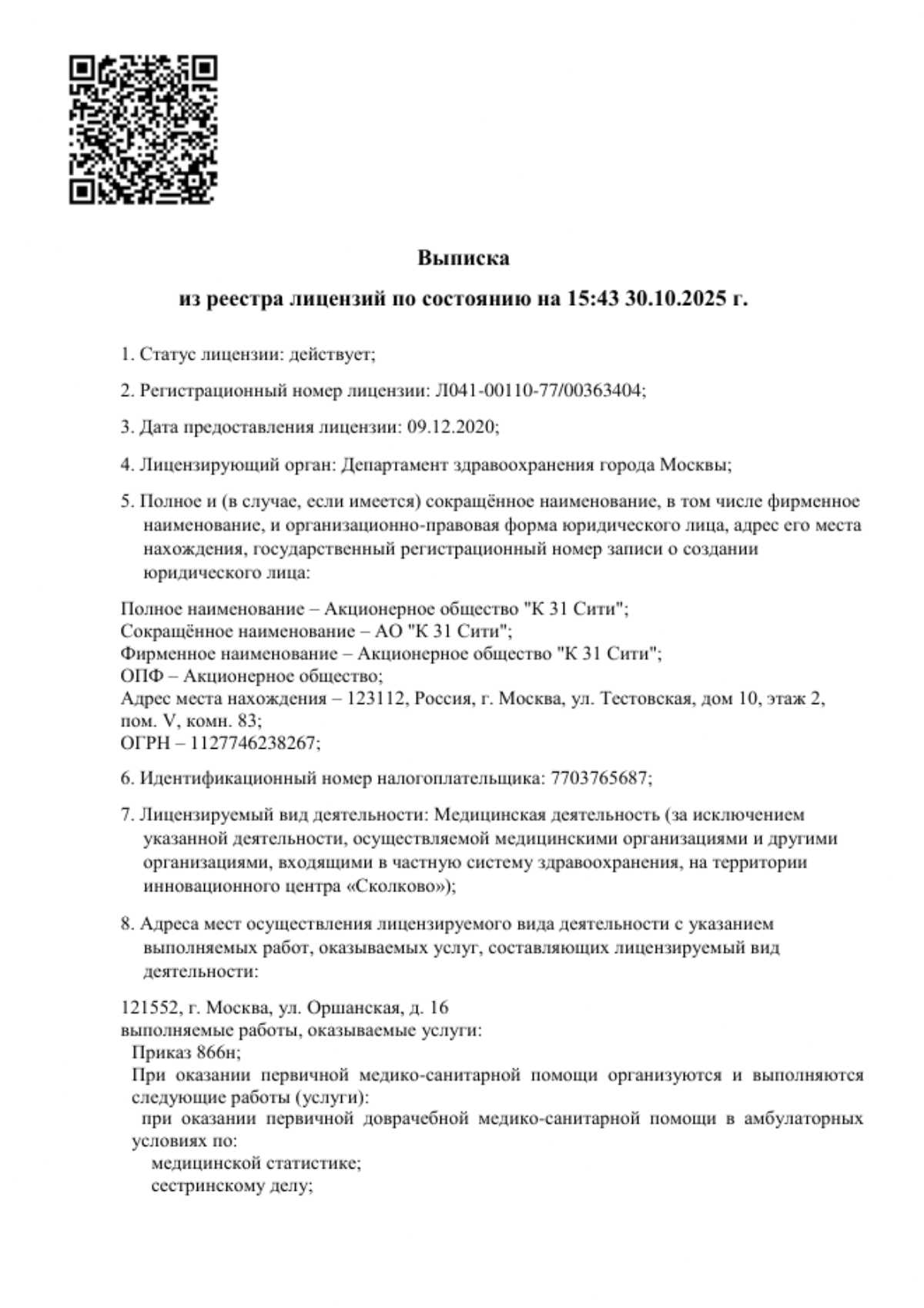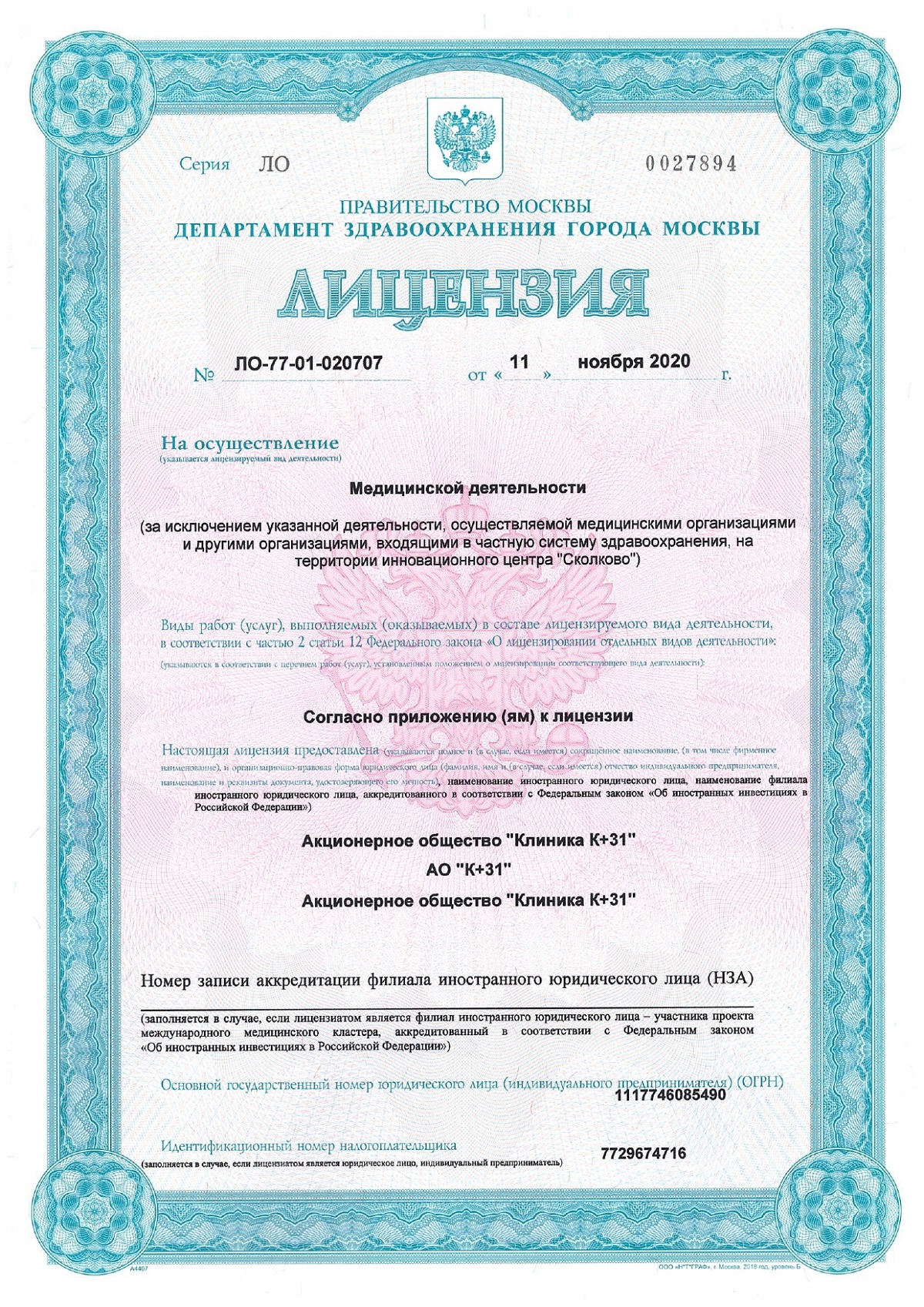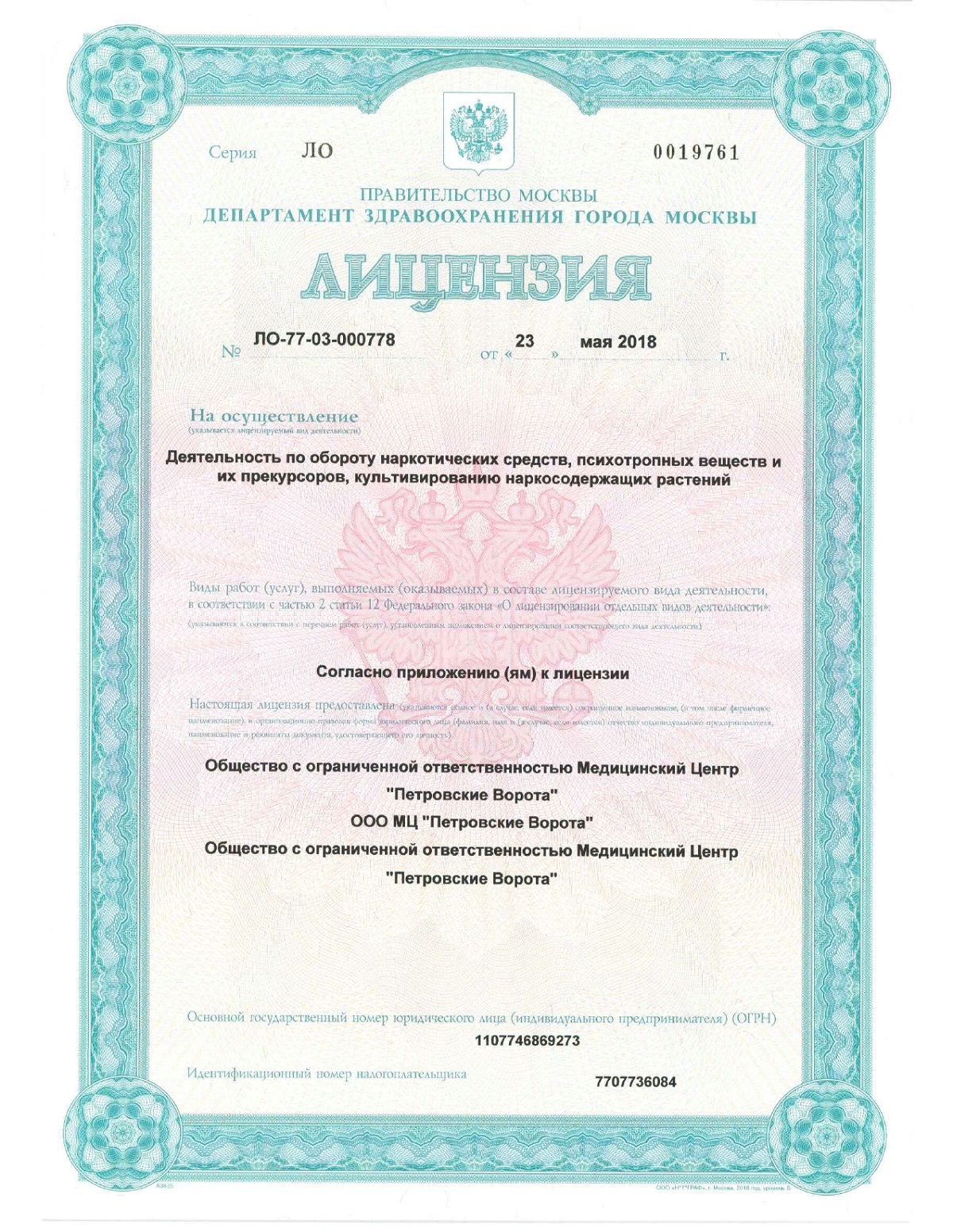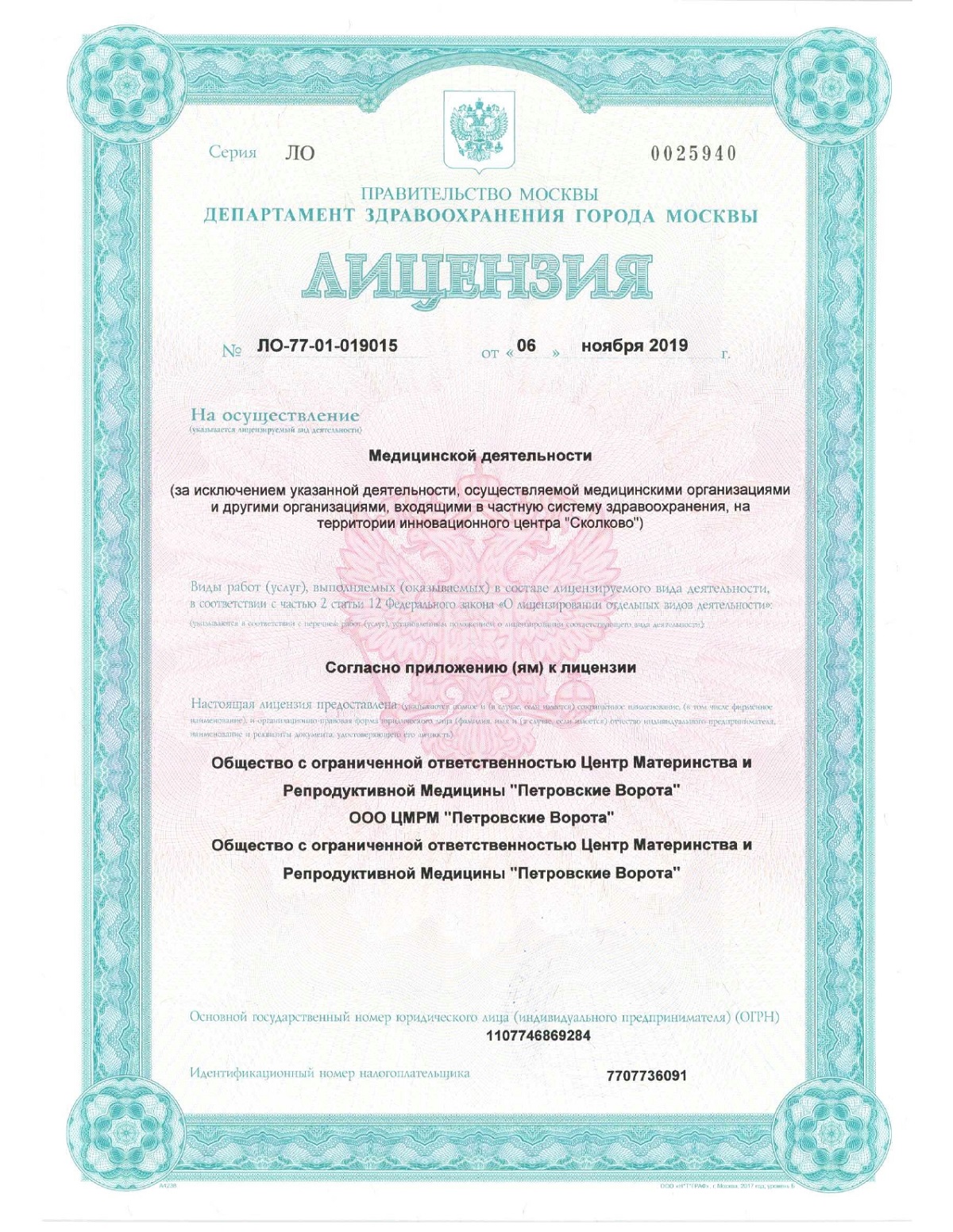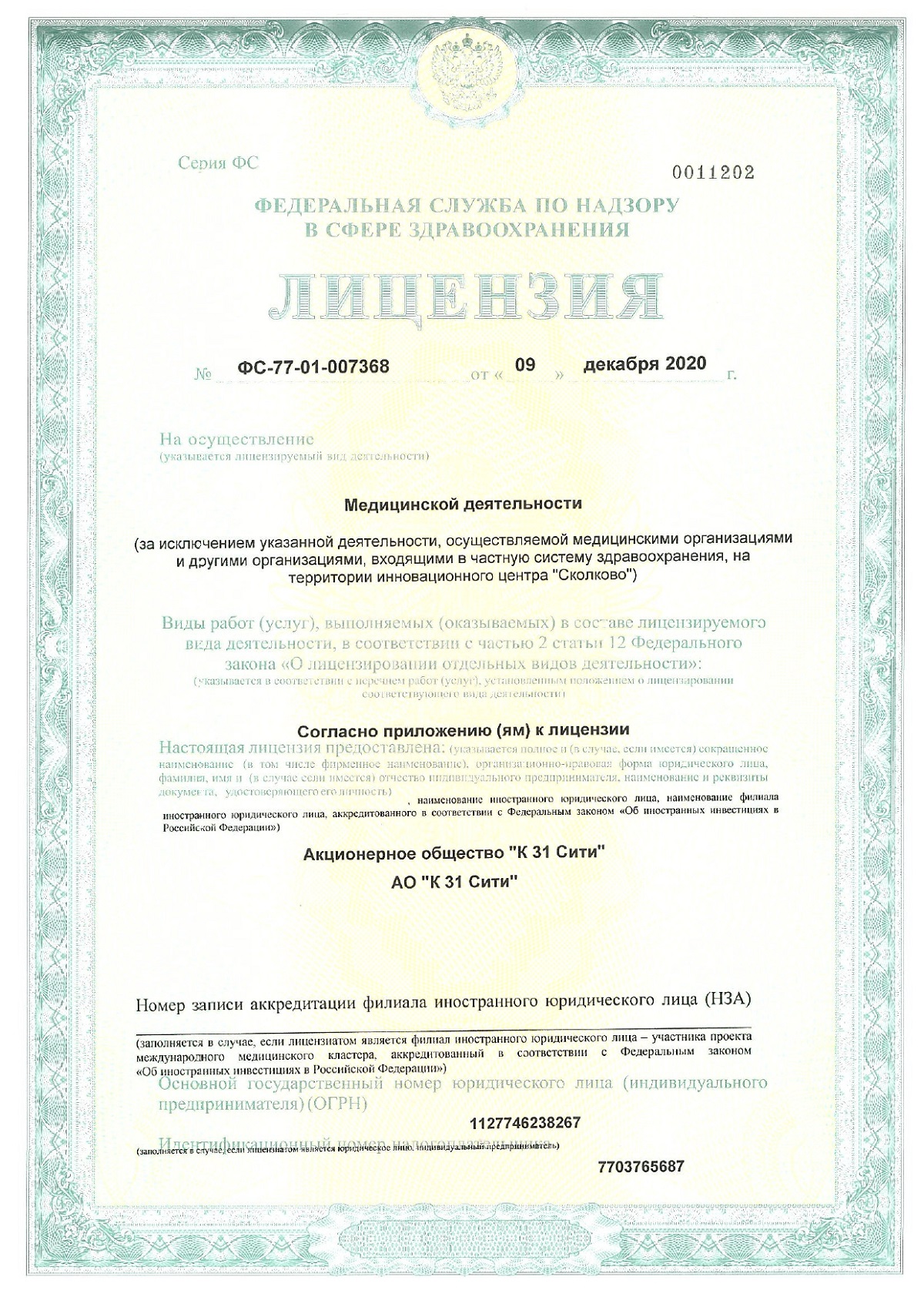Evoked brain potentials
Why is the study of evoked potentials carried out, indications and contraindications. Study of visual, cognitive, acoustic brainstem potentials.
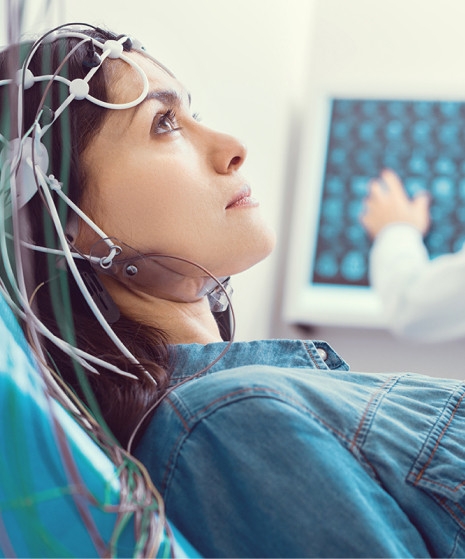
About the service
The brain controls every aspect of our lives, from conscious thinking to automatic reactions. However, to understand its operation and identify possible violations, a specialized research method is required.
Evoked potentials are electrical signals that the brain generates in response to external stimuli or internal tasks. They serve as a kind of “reaction” of the brain to the environment and internal processes. These potentials allow us to understand how the brain processes information, responds to external influences, and controls a variety of bodily functions.
Doctors of the department of functional diagnostics of the multidisciplinary clinic “K+31” have experience and professional training in the field of clinical neurophysiology and neurology. This knowledge ensures that the study is carried out accurately and the results are interpreted. This makes it possible to identify pathological changes at an early stage, start therapy on time and change the patient’s quality of life.
The method is based on measuring the electrical signals that the brain generates in response to stimuli or tasks. They are called evoked potentials. These are short and weak impulses that occur in neurons of the brain and nervous system in response to various influences.

- First months The study focuses on so-called "event-related activity" in the brain that occurs in response to specific stimuli or tasks. And, which can be measured and recorded.
- Total The recorded signals are analyzed and processed using special programs and equipment. This makes it possible to isolate evoked potentials and determine their time and amplitude characteristics.
- 1.5 - 2 Years Special or electroencephalographic (EEG) electrodes are placed on the patient's skin or head. They record electrical potentials that occur in neurons of the brain in response to a stimulus.
- Additional Effect The test results are interpreted by doctors specializing in clinical neurophysiology or neurology. They can determine how the brain responds to a stimulus and use this information to diagnose or evaluate the functional state of the brain and nervous system.
-
Suspicion of migraine, epilepsy, multiple sclerosis, etc.
-
Assessing the functional state of the nervous system and identifying disorders associated with neuropathy or nerve compression, as well as monitoring the effectiveness of treatment and assessing the dynamics of the condition, for example after a traumatic brain injury.
-
Clarification of the nature of hearing impairment, coordination, dizziness, as well as disorders of the somatosensory system - problems with deep sensitivity.
-
Suspicions of damage to the brain stem, focal damage to the spinal cord.
-
Presence of epileptic seizures. IVP can provoke seizures in patients with this problem.
-
Skin pathology (for example, ulcers and burns) at the site where the electrodes are installed.
-
Failure to cooperate. If the patient is unable to follow instructions, for example in young children or patients with severe mental disorders.
-
Presence of metal implants. For example, pacemakers can distort electrical signals.
How the research is carried out
Knowledge of the stages of the procedure helps to interact productively with a medical specialist, which speeds up the process and improves the quality of data.
The research consists of the following stages:
Preparation. The patient is usually located in a specially equipped room or office where he is conveniently located. Electrodes are attached to the skin to record electrical activity in the brain.
Selecting the stimulus type. Depending on the purpose of the study, the type of impact is selected. This may be a visual, auditory, tactile or other stimulus. For example, light flashes can be used to study visual evoked potentials (VEPs), and click sounds can be used to study acoustic evoked potentials.
Feeding impact. For example, for visual potentials this may be changes in light conditions, and for auditory potentials this may be sound signals
Registration of potentials. Electrodes record the electrical activity of the brain in response to a stimulus. These signals are called evoked potentials
Analysis of results. The recorded potentials are analyzed based on their time and amplitude characteristics. Experts determine how the brain responds to a stimulus and extract useful information about the state of the nervous system from this information
Interpretation. The doctor identifies the presence of disorders, assesses the functional state of the brain and nervous system, and also uses this data for diagnosis and treatment planning
At the end of the procedure, based on the data obtained, doctors draw up a conclusion and, if necessary, recommend further treatment or medical monitoring.
Types of diagnostics using the study of evoked potentials of the brain
Our doctors

This award is given to clinics with the highest ratings according to user ratings, a large number of requests from this site, and in the absence of critical violations.

This award is given to clinics with the highest ratings according to user ratings. It means that the place is known, loved, and definitely worth visiting.

The ProDoctors portal collected 500 thousand reviews, compiled a rating of doctors based on them and awarded the best. We are proud that our doctors are among those awarded.
Make an appointment at a convenient time on the nearest date
Price


